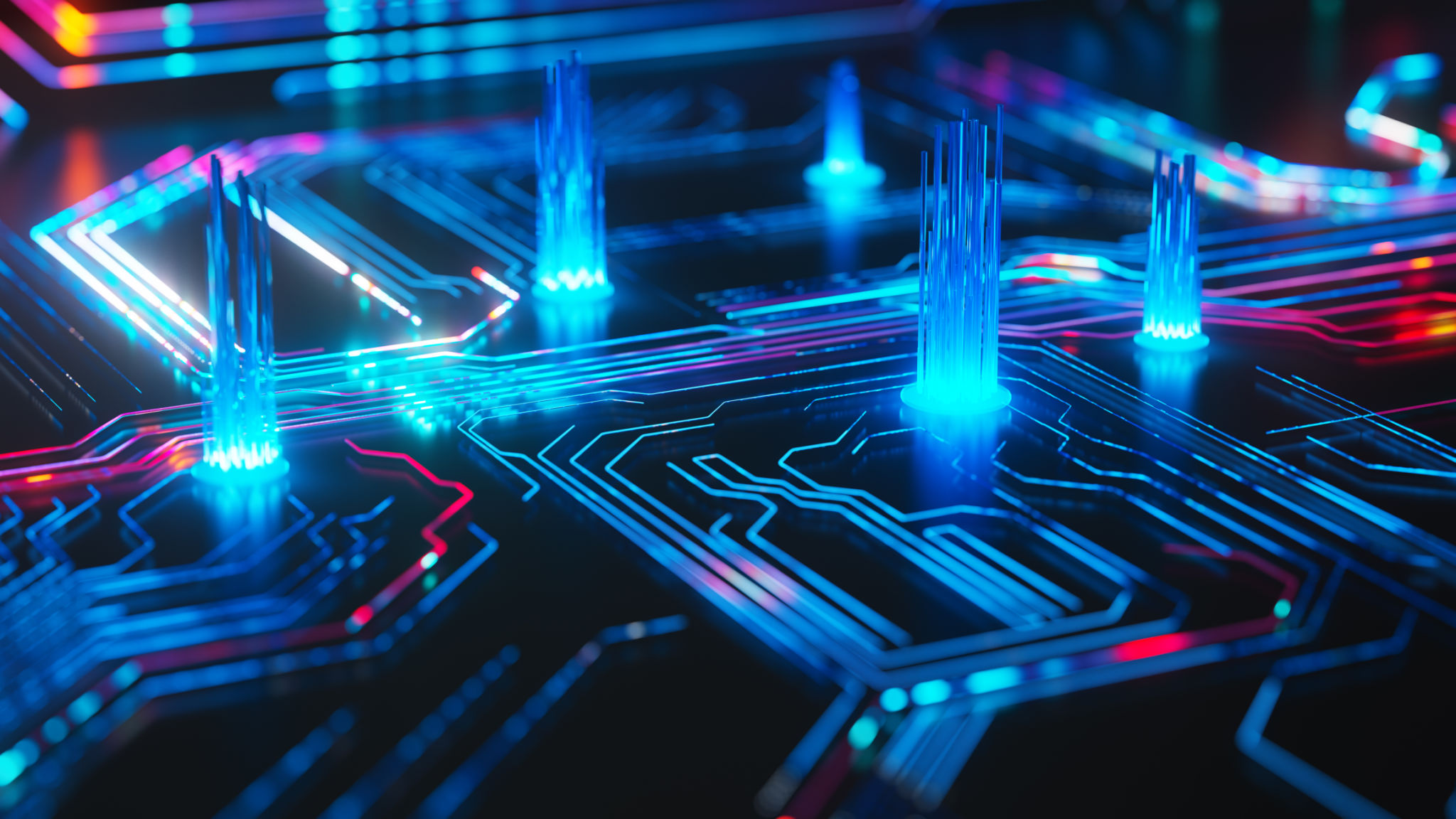Preparing for the Future: How AI is Revolutionizing Energy Efficiency
Understanding AI's Role in Energy Efficiency
The integration of artificial intelligence (AI) in various industries is revolutionizing how we approach everyday challenges. One of the most significant areas where AI is making a substantial impact is in energy efficiency. As we face growing concerns about climate change and resource depletion, optimizing energy consumption has become imperative. AI offers innovative solutions that can transform how we manage and utilize energy.
The ability of AI to process and analyze vast amounts of data in real-time allows it to make predictions and optimize energy usage in ways that were previously unimaginable. From smart grids to intelligent building systems, AI is paving the way for a more sustainable future.

Smart Grids: The Backbone of Efficient Energy Distribution
Smart grids are one of the most promising applications of AI in the energy sector. Traditional power grids often struggle with inefficiencies and waste due to outdated infrastructure. By incorporating AI, smart grids can balance supply and demand more effectively, reducing energy waste and enhancing reliability. AI algorithms can predict demand patterns and optimize energy distribution accordingly, ensuring resources are used more efficiently.
Moreover, AI-enabled smart grids can quickly identify and address issues such as power outages or voltage fluctuations, minimizing downtime and improving overall service quality. This proactive approach not only saves money but also reduces the carbon footprint associated with energy production and distribution.
Intelligent Building Systems: Optimizing Consumption
Buildings account for a significant portion of global energy consumption, but AI is helping change that. Intelligent building systems use AI to monitor and adjust energy usage in real-time, providing substantial savings without compromising comfort. These systems can control lighting, heating, ventilation, and air conditioning (HVAC) based on occupancy patterns and weather conditions.

For instance, AI can learn a building's usage patterns and adjust temperature settings automatically when rooms are unoccupied. This level of precision ensures that energy is not wasted, leading to lower utility bills and a reduced environmental impact.
AI-Driven Renewable Energy Management
Renewable energy sources like solar and wind are crucial components of a sustainable future. However, their intermittent nature poses challenges for consistent energy supply. AI helps overcome these challenges by predicting energy output based on weather patterns and adjusting operations accordingly.
By integrating AI with renewable energy systems, it becomes possible to store excess energy during peak production times and release it when demand is high. This approach enhances the reliability of renewable sources and ensures a steady supply of clean energy.

The Future of AI in Energy Efficiency
The potential for AI to revolutionize energy efficiency is boundless. As technology continues to evolve, we can expect even greater advancements in how we manage and consume energy. Future developments may include the integration of AI with other emerging technologies like the Internet of Things (IoT) and blockchain, further enhancing efficiency and transparency in the energy sector.
By embracing AI, businesses and governments can take significant strides towards achieving sustainability goals. The combination of AI-driven insights and innovative technologies holds the key to a more efficient, sustainable, and eco-friendly future.
